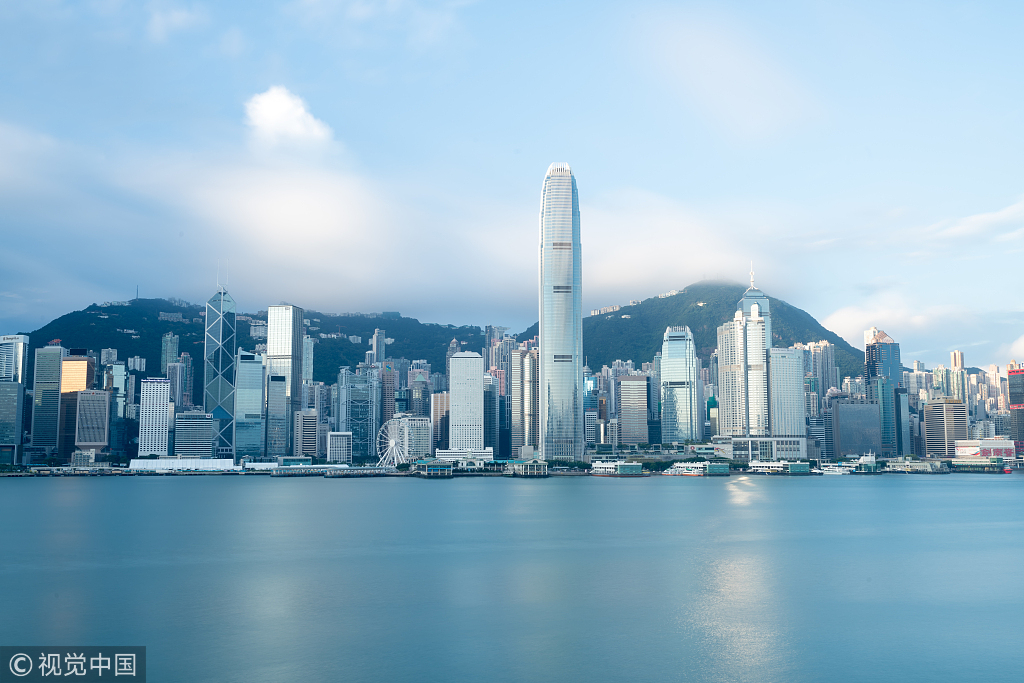
TV Show
21:14, 11-Mar-2019
Chief executive of Hong Kong Exchange: 'Trade-off' is an art
Worldinsight with Tianwei
02:39

The Chinese government has vowed to deepen reform in key sectors and "speed up the improvement of market mechanisms," in discussions at the ongoing Two Sessions.
So, what does it take to implement this promise? How should we interpret it? CGTN Senior Correspondent Tian Wei spoke to Charles Xiaojia Li, chief executive of Hong Kong Exchange.
Li explained how China's capital market differs from the Western model. "China's market is different in a sense that everyone else – institutional investors are the mainstream investor base – but here you have mom-and-pops, on a very large scale." There are several challenges coming with this type of investor base for the regulator. "Do you adopt the buyer, be responsible on your own, kinds of approach? Or you say, sophisticated mom and pops that need a lots protection. So government is becoming very intrusively involved."

Hong Kong's skyline. /VCG Photo
Hong Kong's skyline. /VCG Photo
So how should we protect them without destroying market functions? It seems the keyword is “trade-off.” Li believes it is an art, not a science. There is no real answer, right or wrong.
"But at the end of the day, the government needs to understand that something has to give. You can't really have everything free. If you wanted to do this, here is going to be the cost. It is a 'trade-off.' I think the regulators and government and the whole market have come out to believe that the 'trade-off' is to allow the market increasingly to play its own role, and allow all the other considerations to become secondary."
(If you want to contribute and have specific expertise, please contact us at opinions@cgtn.com.)

SITEMAP
Copyright © 2018 CGTN. Beijing ICP prepared NO.16065310-3
Copyright © 2018 CGTN. Beijing ICP prepared NO.16065310-3